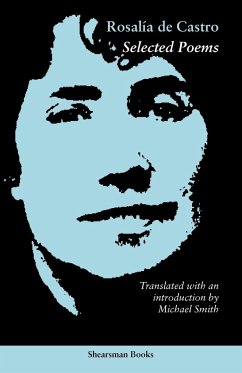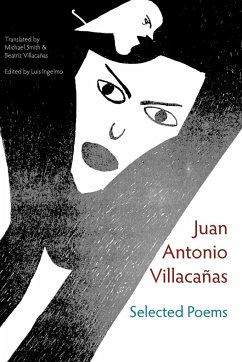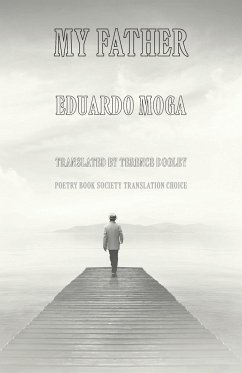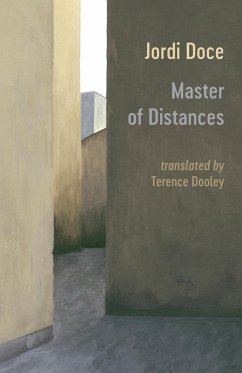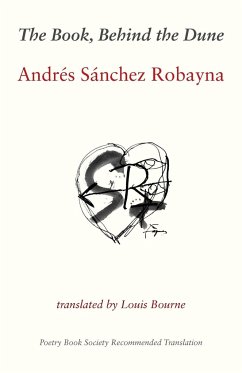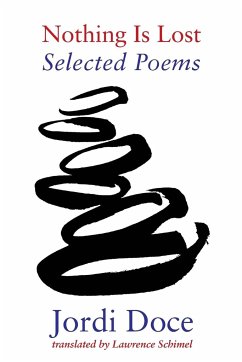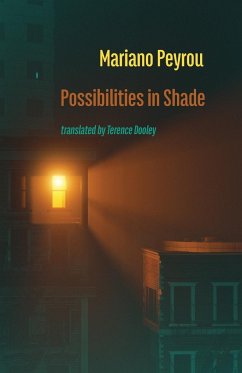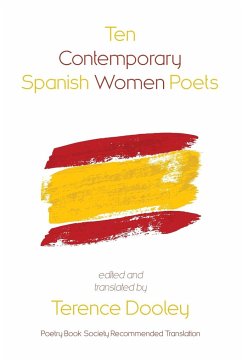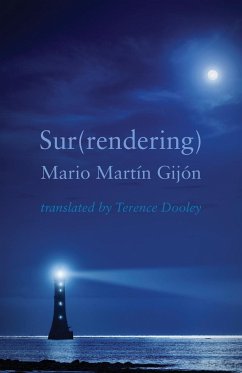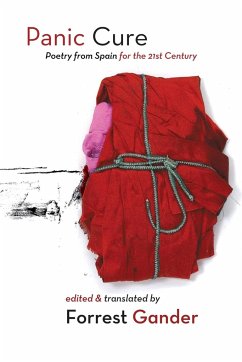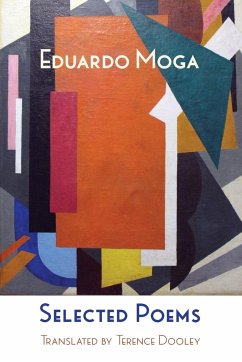
Selected Poems
Versandkostenfrei!
Versandfertig in 1-2 Wochen
19,99 €
inkl. MwSt.

PAYBACK Punkte
10 °P sammeln!
We have become used to a life of routine and uniformity: at work, in our relationships with others and with ourselves when we seek to understand what surrounds and subjugates us. Messages flood in and, instead of criticising reality, they reinforce the status quo and encourage us to accept it and maintain it. To counterbalance the hierarchies and justifications of modern life, there are voices raised in protest, like Eduardo Moga's, which don't mourn a presumed lost golden age, or bewail their disillusionment. That phase was left behind for Moga long ago, and we must presume he underwent an ap...
We have become used to a life of routine and uniformity: at work, in our relationships with others and with ourselves when we seek to understand what surrounds and subjugates us. Messages flood in and, instead of criticising reality, they reinforce the status quo and encourage us to accept it and maintain it. To counterbalance the hierarchies and justifications of modern life, there are voices raised in protest, like Eduardo Moga's, which don't mourn a presumed lost golden age, or bewail their disillusionment. That phase was left behind for Moga long ago, and we must presume he underwent an apprenticeship of disappointment: the discovery that the gods do not love us, but torment us, and then put all his efforts into unlearning it all. Moga's poetry does not preach, however, or burden us with rules or ideas to bring us to an imaginary better world, here or in the afterlife. The only life is this, the here and now, the life of the body, the life of the senses connecting us to the world. To restore our delight in the present is not a trivial mission and Moga confronts us time and again with our emotions and sensations, with the intention of blotting out thereby the monotonous discourse of the representatives of order. One might think, then, that the poet is acting like a strategist on a battlefield. Far from the Manichaean vision of the soldier, who is unable to see beyond dualities, this poetry is nourished by subtlety, detail and precision. It is not artillery, but a fine wielding of the scalpel which, with the delicacy and determination of the silversmith, dissects the tumour and cyst threatening our life, which is then able to flourish as a result.



